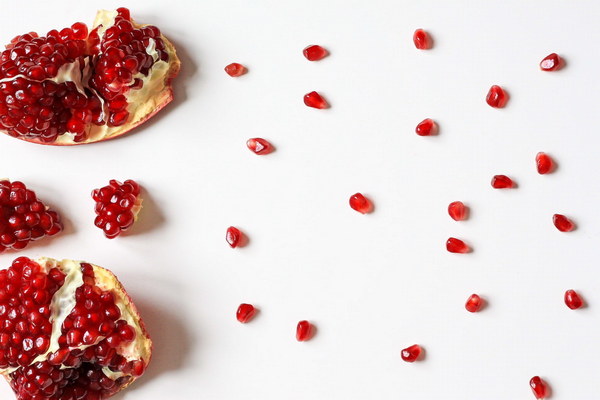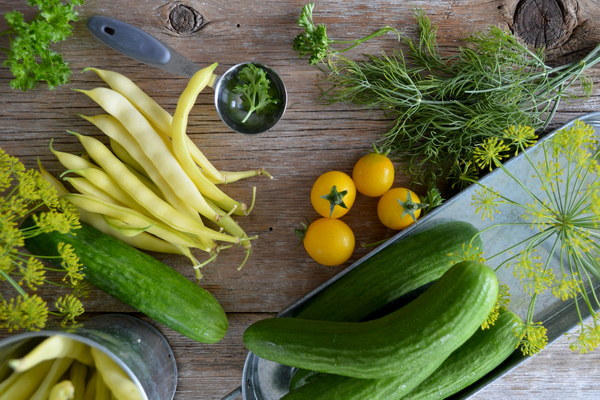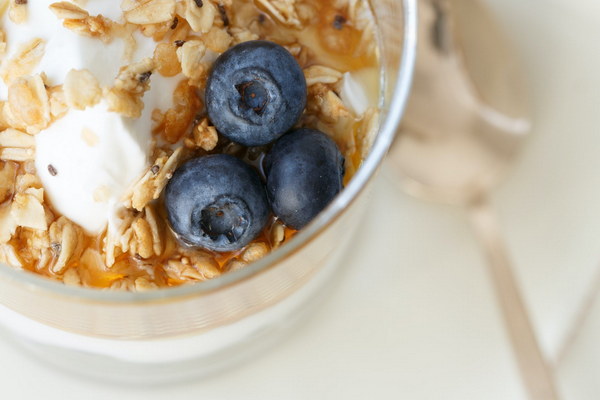Curcumin A Dual Benefit for Liver and Stomach Health
Curcumin, the active ingredient found in the spice turmeric, has been the subject of extensive research due to its potential health benefits. While it is often associated with its anti-inflammatory properties and its use in improving liver health, recent studies have also highlighted its protective effects on the stomach. This article delves into whether curcumin can be a dual benefit for both liver and stomach health.
Liver Health: The Golden Key to Detoxification
The liver plays a crucial role in detoxifying the body by filtering out harmful substances and waste products. Over time, this can lead to liver inflammation and conditions such as fatty liver disease or even cirrhosis. Curcumin has been found to possess potent anti-inflammatory and antioxidant properties that can help protect the liver from damage.

One study published in the journal Phytomedicine found that curcumin supplementation reduced liver inflammation in patients with non-alcoholic fatty liver disease (NAFLD). The researchers attributed this to curcumin's ability to decrease oxidative stress and promote the production of protective enzymes in the liver.
Furthermore, curcumin has been shown to have anti-fibrotic effects, which can prevent the progression of liver disease. A study in the Journal of Gastroenterology and Hepatology demonstrated that curcumin treatment reduced liver fibrosis in rats with liver damage, suggesting its potential therapeutic value in human liver diseases.
Stomach Health: Protecting Against Ulcers and Inflammation
The stomach is a complex organ responsible for digestion and nutrient absorption. It is also prone to inflammation and damage, which can lead to conditions such as peptic ulcers and gastritis. Curcumin has been found to offer protection against these stomach issues as well.
A study published in the Journal of the Medical Association of Thailand investigated the effects of curcumin on stomach ulcers in rats. The researchers found that curcumin treatment significantly reduced the size and number of ulcers, indicating its potential for treating peptic ulcers in humans.
In addition to its anti-ulcer properties, curcumin has also been shown to decrease inflammation in the stomach lining. A study in the Journal of Ethnopharmacology demonstrated that curcumin supplementation reduced stomach inflammation in rats with induced gastritis. This suggests that curcumin could be a promising treatment for gastritis and other stomach-related conditions.
The Mechanisms Behind Curcumin's Dual Benefits
The mechanisms behind curcumin's dual benefits for liver and stomach health are multifaceted. Its anti-inflammatory and antioxidant properties play a significant role in protecting both organs from damage. Curcumin also has been found to modulate various signaling pathways involved in inflammation and fibrosis, contributing to its protective effects.
Furthermore, curcumin's ability to enhance the activity of the enzyme glutathione S-transferase (GST) may contribute to its protective effects on both the liver and stomach. GST is involved in the detoxification of harmful substances and the protection of cells from oxidative stress. By increasing GST activity, curcumin may help maintain the integrity of both organs.
In Conclusion
Curcumin, the active compound found in turmeric, offers a dual benefit for liver and stomach health. Its anti-inflammatory and antioxidant properties make it a promising candidate for treating liver diseases and protecting against stomach inflammation and ulcers. While more research is needed to fully understand the potential of curcumin as a therapeutic agent, the current evidence suggests that incorporating turmeric or curcumin supplements into a healthy diet could provide significant health benefits.









